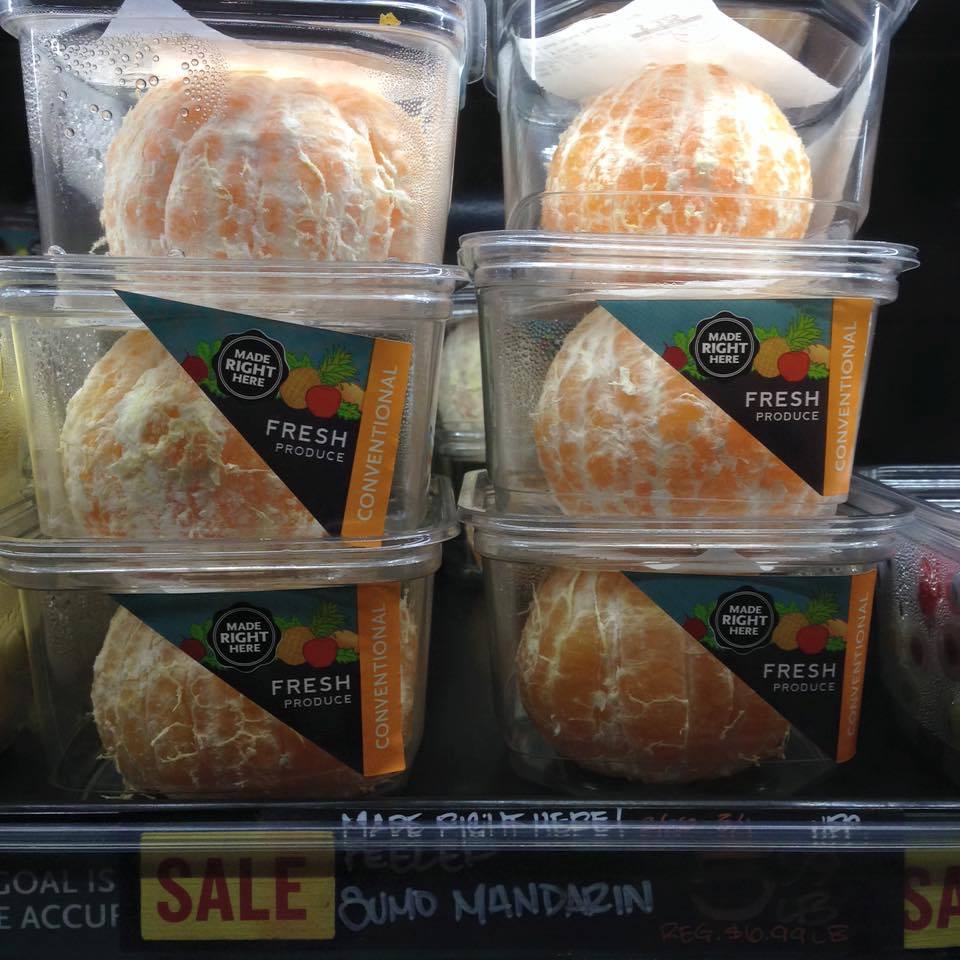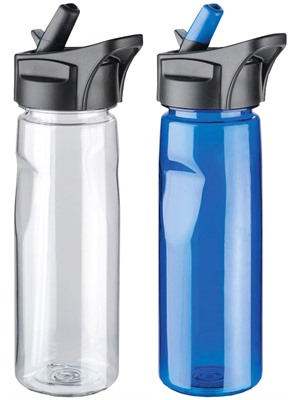Alimentos Congelados, S.A. (Pinula) is recalling bagged frozen broccoli from 11 states after the Ohio Department of Agriculture tested and found positive a sample for Listeria monocytogenes.
The Wylwood brand is an exclusive brand of Save-A-Lot, a discount grocery chain. Alimentos Congelados is a Guatemalan company.
Frozen broccoli would be blanched prior to freezing, which should eliminate Listeria. The Listeria in this case would be post-process contamination. It is not know to us whether this product was packed overseas, never the less, it would be important for the processing facility to have an active Listeria control program. This product would generally be cooked by the consumer, which if done sufficiently, would eliminate the Listeria.
If imported product, then this should put attention on supplier control and that supplier's ability to control Listeria in the post-blanching environment with attention on eliminating sources of cross-contamination, practicing proper sanitation, and conducting monitoring.
 FDA Recall Notice
http://www.fda.gov/Safety/Recalls/ucm493849.htm
Alimentos Congelados, S.A. Recalls Frozen Broccoli Cuts Because of Possible Health Risk
FDA Recall Notice
http://www.fda.gov/Safety/Recalls/ucm493849.htm
Alimentos Congelados, S.A. Recalls Frozen Broccoli Cuts Because of Possible Health Risk
For Immediate Release
April 1, 2016
Contact
Consumers Consumer Affairs 1-800-888-4646
Announcement
View Product Photos
Alimentos Congelados, S.A. (Pinula) is voluntarily recalling 1,800 cases of Frozen Broccoli Cuts because it has the potential to be contaminated with Listeria Monocytogenes, an organism which can cause serious and sometimes fatal infections in young children, frail or elderly people, and others with weakened immune systems. Although healthy individuals may suffer only short-term symptoms such as high fever, severe headache, stiffness, nausea, abdominal pain and diarrhea, Listeria infection can cause miscarriages and stillbirths among pregnant women.
The Frozen Broccoli Cuts were distributed to stores in the following states: Indiana, Kentucky, Ohio, Tennessee, Virginia, West Virginia, Florida, Georgia, Alabama, South Carolina and North Carolina.
The affected Frozen Broccoli Cuts were distributed in poly bags under the following label and code:
WYLWOOD Fresh Frozen Broccoli Cuts, NET WT. 16 OZ (1 LB), UPC 5193300110, with bag code: A25335P and A15335P
The company has not received any complaints in relation to this product and is not aware of any illnesses associated with the product to date.
The recall was the result of retail package of Frozen Broccoli Cuts being tested by the State of Ohio Department of Agriculture. The Frozen Broccoli Cuts had tested positive for Listeria Monocytogenes. The company has ceased distribution of Frozen Broccoli Cuts, and is fully cooperating with regulatory agencies.
Consumers who purchased the Frozen Broccoli Cuts are urged not to consume this product and throw it away. Consumers requiring refund or with questions can contact the company at 1-800-888-4646 and ask for Consumer Affairs Monday thru Friday between 8:00AM and 5:00 PM EST.







